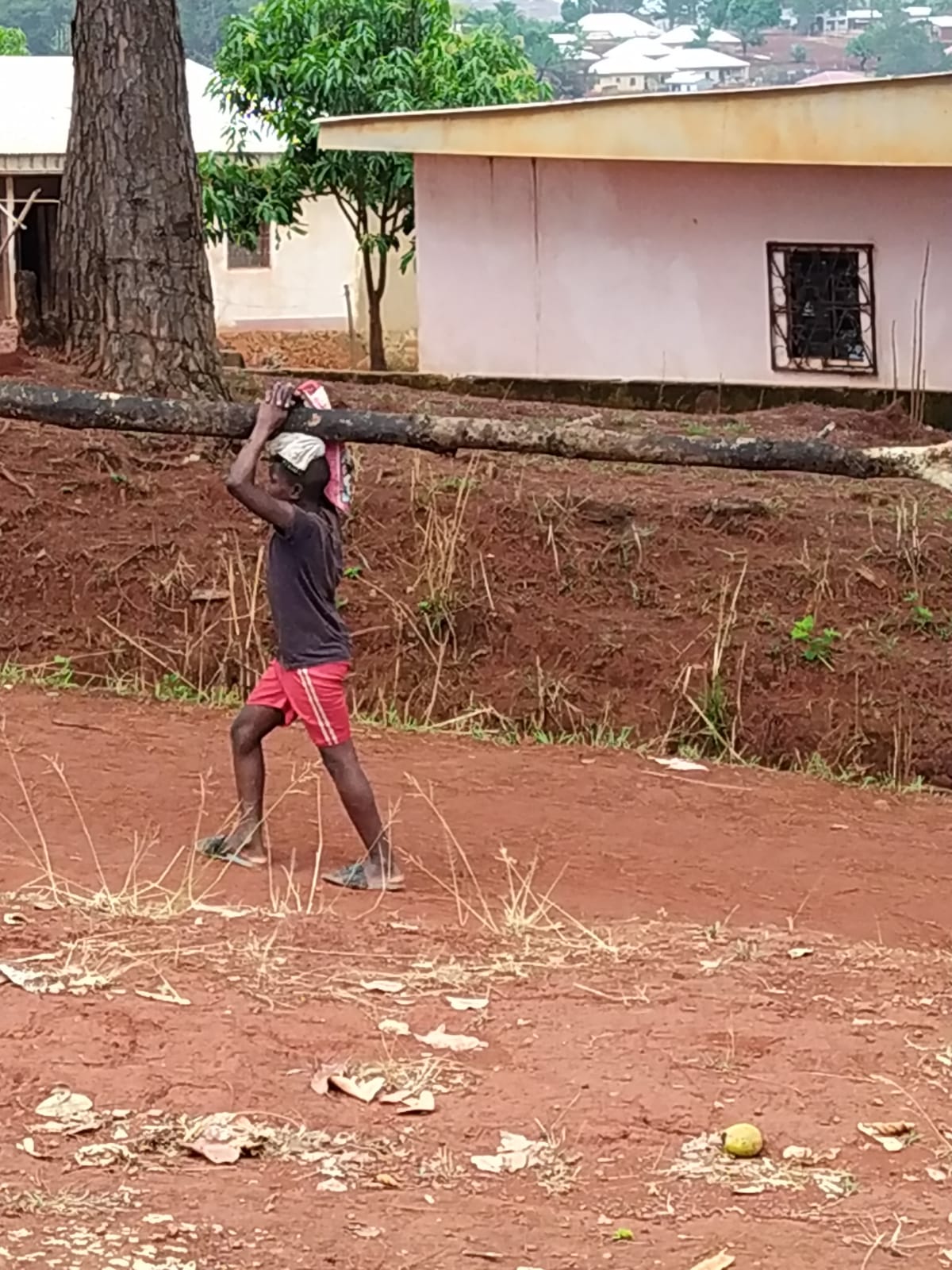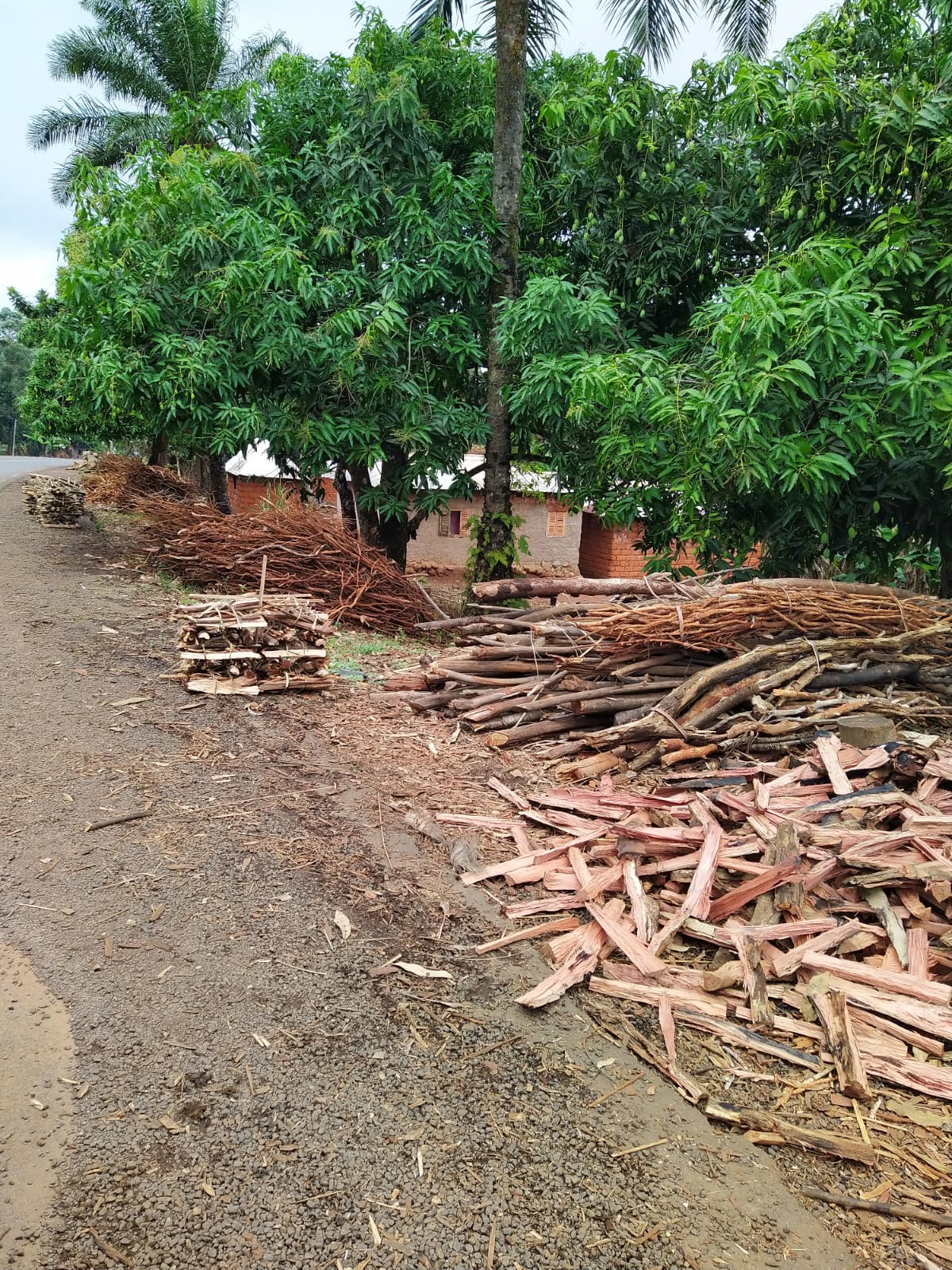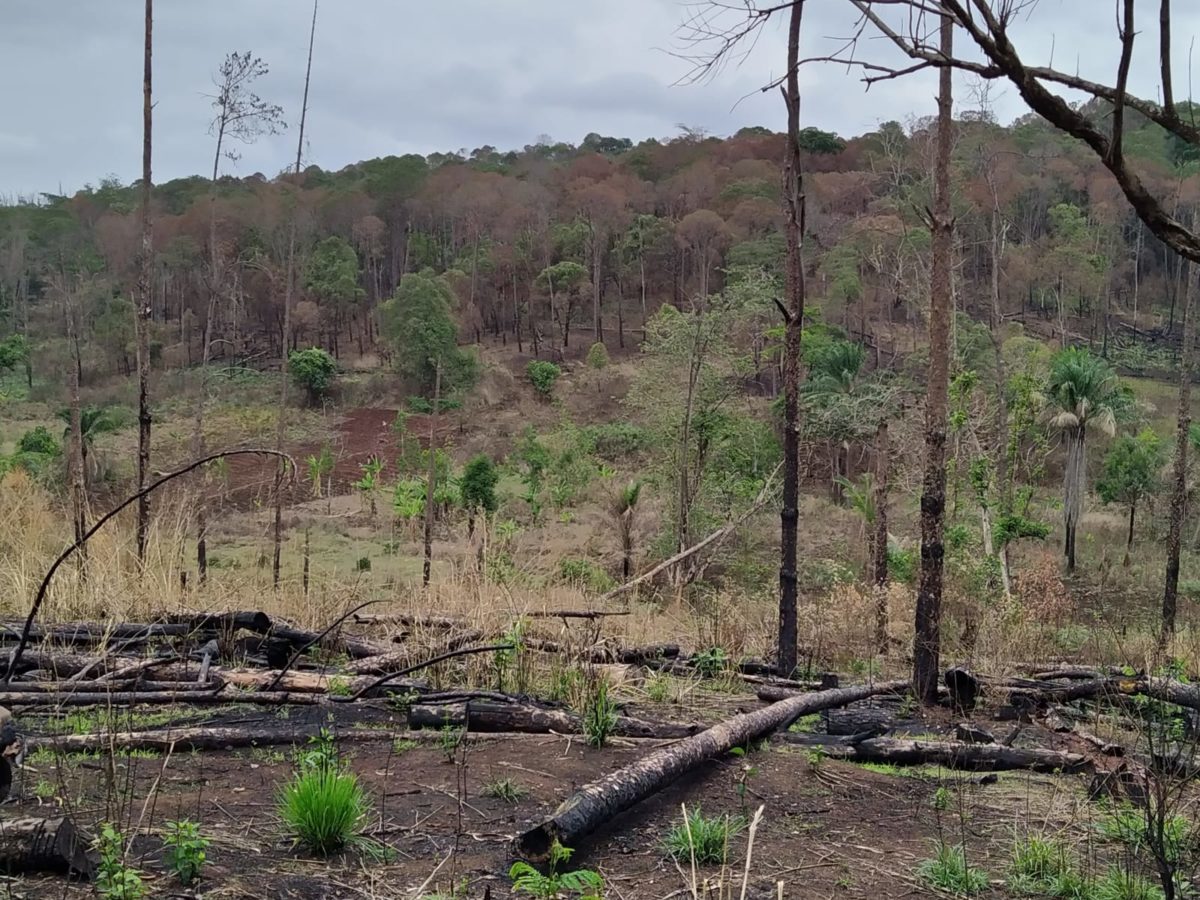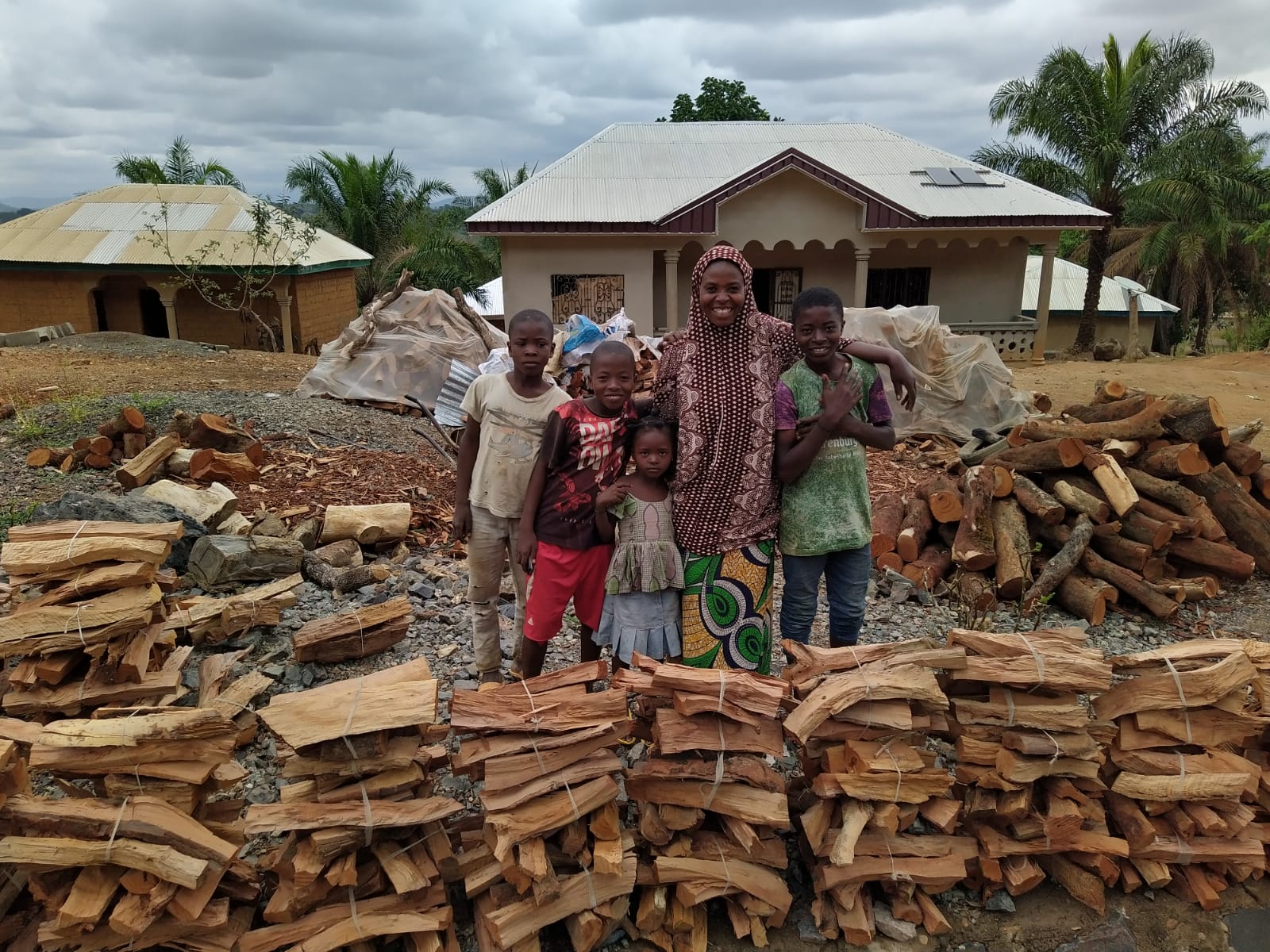March 25 2021
An interview with conservationist Neil on the importance of supporting change
Neil was scheduled to visit Cameroon in 2020 but his groundwork was delayed because of COVID-19. He is currently visiting Cameroon and working with communities to transition into sustainable pathways to tackle climate change. Below we ask him a few questions to learn more about it.
What’s in Cameroon?
I travelled here to the West Region of Cameroon, in Foumban, to meet with our local partner NGO and if/how we can support local communities which have ‘large contributions to climate change’ – how can we support their living and also reduce their impacts on the climate. Weirdly enough, the situation in Foumban has parallels with my own village of Timsbury, Somerset. We both need to change. We recognise the dangers from using fossil fuels on the environment and the need to switch to things like electric cars, solar panels, using public transport. But the barriers to change are significant. Without incentives, we’re unlikely to change our behaviour.

What have you identified as the main challenge?
In the West Region of Cameroon, the ‘problem’ is easy to understand – people chop down or gather wood from the forest to cook on open fires. The daily demand is extensive, and the negative effects are clear for both people and the environment: the open fires are inefficient, the smoke from fires cause serious health problems in families, and there is ongoing deforestation. But this situation isn’t exclusive to Cameroon, or even Africa. It’s the same across the world. The poor have little options open to them, and even less support.

What are the solutions?
The ‘solutions’ to the problem are quite well known. Alternatives could be introduced, such as more-efficient stoves, mini-electric grids generated by sustainable fuels, utilisation of bio-waste, or new benefits for retaining standing forest (that was the idea behind the REDD+ programme). But unlike gathering firewood, these alternatives aren’t free and are often new ideas for people; we’re unsure whether everyone will welcome them.
Delivering benefits is also key. If we want to encourage sustainable change, we need to demonstrate immediate and direct benefits to local people. This could mean the introduction of new ways of cooking – reducing the amount of smoke particles that clog the lungs of children and adults, and is also cheaper and more effective than burning wood on an open fire, or ways to give a constant source of sustainable, cheap energy.
What we do recognise is that ‘solutions’ need to be discussed, modified if necessary and owned by the people who are affected by the changes. Otherwise, why would locals listen to outsiders who they suspect have their own self-interest at heart?
So, how do you collaborate with locals?
We work with our local partner in Cameroon, Fondation Camerounaise de la Terre Vivante (FCTV). Their team is made up of people born and raised in Foumban, so we support them to enable change in Bamon communities. FCTV have a long track record of working with communities throughout
Cameroon to help them manage their environment and use natural resources in a sustainable way – for example finding new methods to obtain animal protein, moving from subsistence to trade, reforestation or ensuing their own food security.
Our role is to support change. We’re focussed on building a network of partners to do just that. Watch this space!
What has the global pandemic taught us?
If there is one thing that the COVID pandemic has taught us, it is that collective action is critical when dealing with a global crisis. The fact that COVID kills humans has certainly focussed our efforts on that issue, but we know there is an even greater challenge facing humanity; it is accepted by all but the least open-minded that human-induced climate change is a serious threat to the existence of Homo sapiens. We know that (collectively) we need to change. It will be tough, no doubt, but we really do not have an option. We must change if we are to survive.


